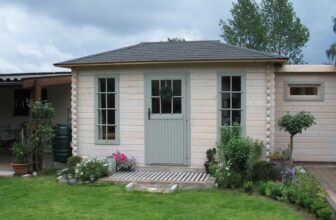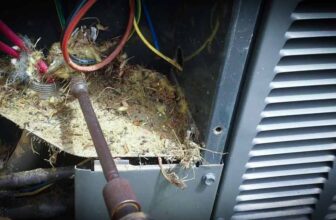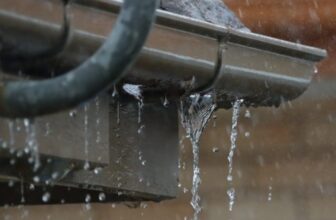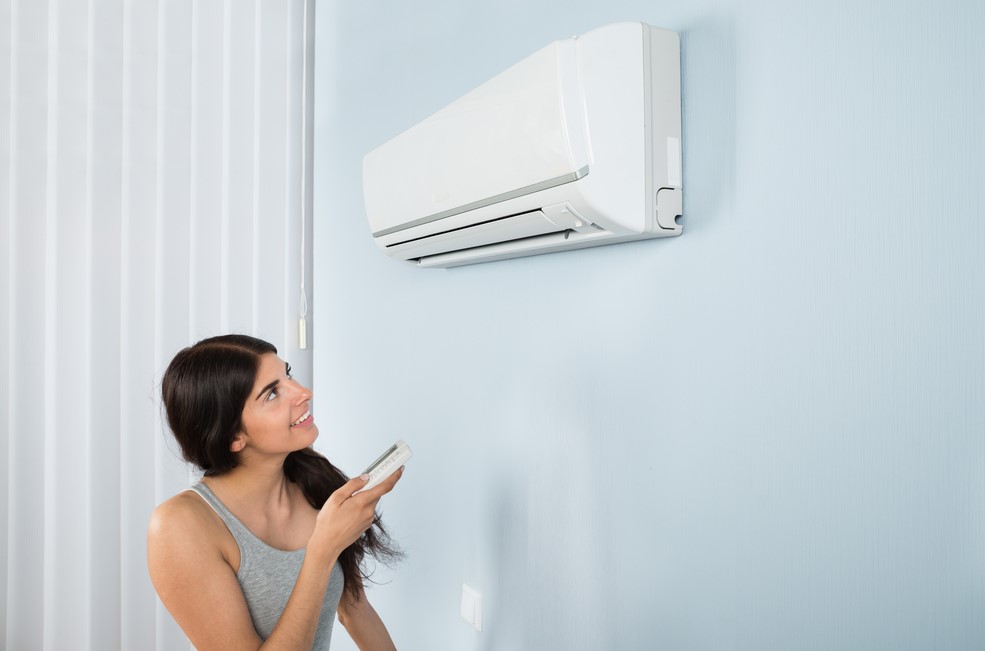
During the summertime, an air conditioner is a must-have. We don’t bother with aircon maintenance or service as long as the unit runs well. It might cause problems with the AC components, the most prevalent of which is water leakage. Let’s have a look at some of the most frequent Aircon leakage issues.
Table of Contents
What is a normal quantity of water leakage?
You should not be concerned if you detect a tiny quantity of water, just several drops, to be honest, dripping from your air conditioner. It’s particularly true if you reside somewhere that is extremely hot. Condensation occurs more quickly, and the remaining water drops off on occasion. Because the amount of water is insufficient, the heat evaporates it.
What makes the Aircon leak a lot of water?
There are several reasons why your air conditioning unit is leaking a significant amount of water daily. Some factors can cause the leakage of an air conditioner. Here are a few possible targets:
1. Leakage of Air
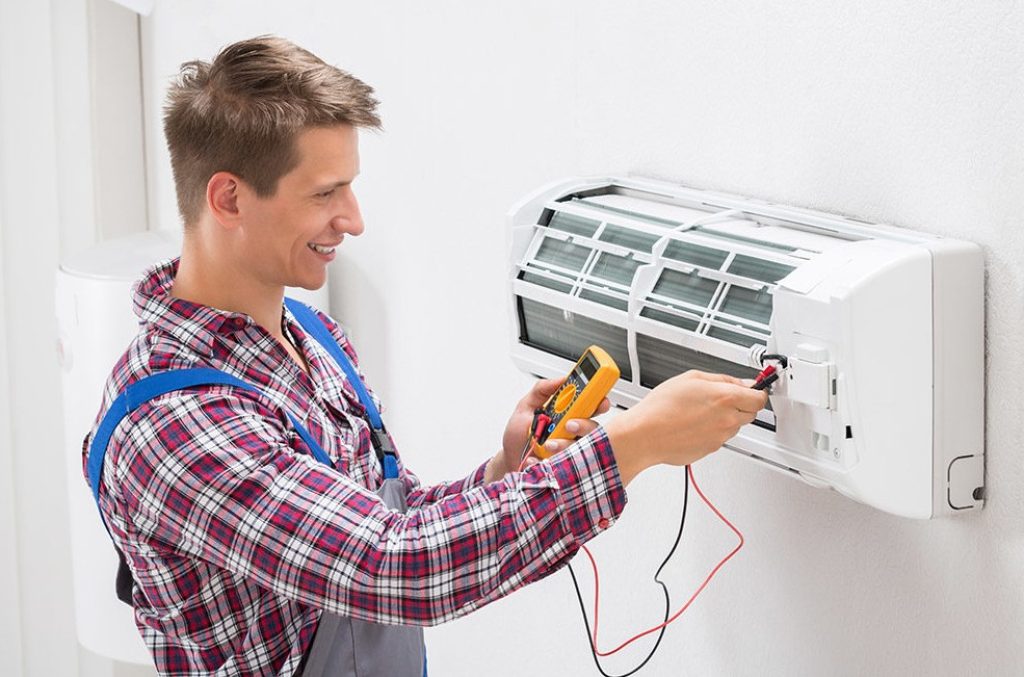
Source: pexels.com
Among the most prevalent causes of aircon leaking water is air leakage. The air entering the ac unit should flow via the vent for best performance. Air leakage can occur for a variety of causes. The air doesn’t quite flow freely through the vent. But if that doesn’t occur, the air is most likely leaking, resulting in impaired functioning.
To determine whether you have air leakage, perform general maintenance by checking equipment to find whether air is leaking through the grates across the vents. If there’s air leakage, you must take steps to correct the problem and avoid further leaks.
2. A clogged aircon filter
Another typical cause of water leakage from an air conditioning unit is this. Because when the air filter gets clogged, the passage of airflow through the unit is slowed. It causes the air to freeze, and when you switch off the air conditioner or attain the required air temperature, the ice on the filtration begins to melt. Water seeps out, and the air conditioner begins to leak a filthy air conditioning filter.
3. Dirty filter
When the air filter becomes unclean, air passage through the evaporator is restricted, causing the air temp to fall. The coils will freeze if it gets too cold. Whenever the air conditioner is switched off, the inside unit quits pumping air into the room, which causes the room to warm as well as the ice to start melting. Water leaks out if the melting ice loads the drip tray to full.
4. A faulty pump
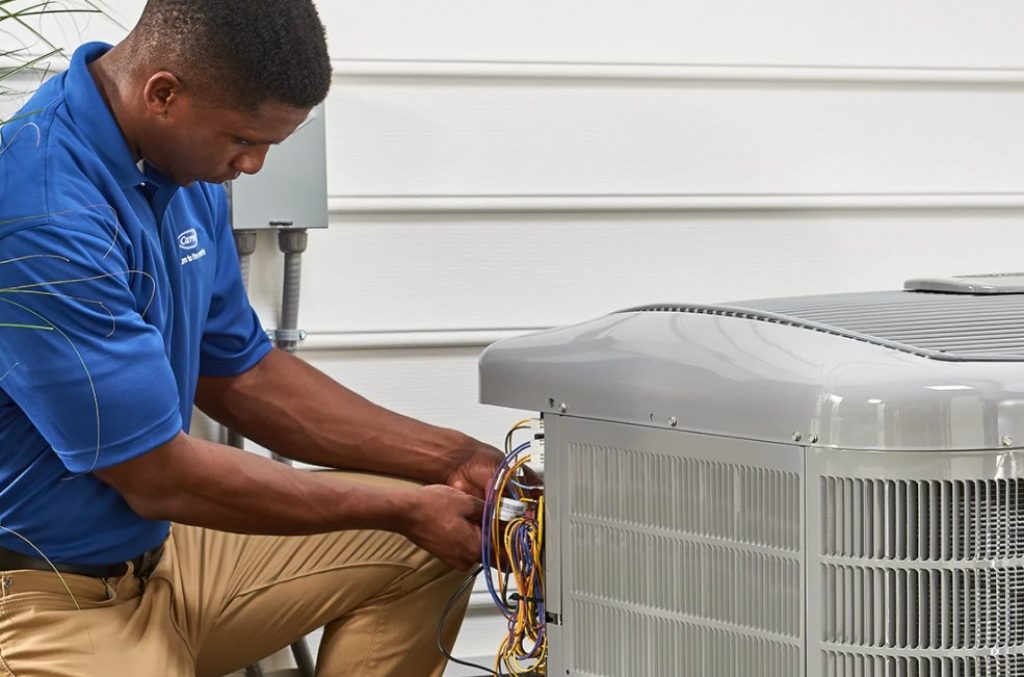
Source: pinterest.com
A condensation pump is a component that is installed beneath the cooling coil. The job of the pump is to eradicate the water so that leaks do not occur. The condenser coil on the air conditioner is leaking.
The condenser facility of your air conditioner is installed outside your residence. The blower motor, compressors, and the coils of the condenser make up the equipment. Because the device is outdoors, it is more prone to collect dust and debris, which might cause a clog. It is among the most prevalent issues that many Singapore homes and air conditioner users face.
5. Drainage line clogging
Your air conditioner will become inoperable if the drain pipe becomes clogged. This issue arises due to an abundance of dirt, mold, and fungal species. When these things build up in the drain, then water passage out of the air conditioner is slowed. It might result in an overflow of in-water stock and leakage. According to statistical estimations, water flows into air conditioners in Singapore are slower than usual due to the hot nature of the environment. As a result, when the drainage line becomes blocked, there is minimal to no water flow. It can cause your air conditioner to leak and spill water.
6. An incorrect installation
If the air conditioner is not correctly installed, it might be a big source of water leaking. Ensure that the front component of the air conditioner is colder than the back half when it is being installed.
By doing so, the water will be adequately removed and will not spill. In many situations, leakage is caused by faulty installation. To prevent this, make sure your air conditioner is fitted with the right inclination to prevent leaks. An incorrect inclination of the device can result in difficulty in draining water correctly.
7. Lack of maintenance
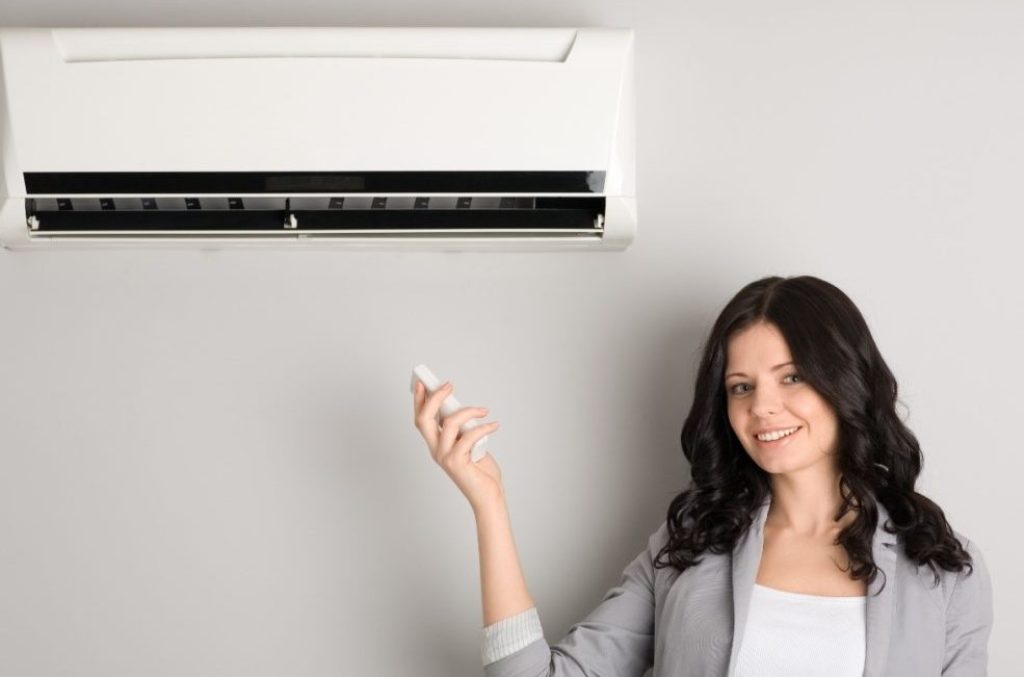
Source: pinterest.com
Your air conditioner, like any other household device, requires regular and thorough maintenance. Be certain you clean the device as much as possible. If necessary, seek expert assistance. You can also check whether its evaporator coil is in good functioning order and that it is not rusted. If not addressed on a regular basis, the issues of an air conditioner leaking water may become more regular.
8. The drainage pan is rusting.
If iron is involved, it rusts due to the interaction of air and water. The drainage pan corrodes fast since it is composed of metal. The device is prone to get blocked as a result of continuous corrosion in the drain pan, obstructing the outflow of water. It eventually results in spills and aircon leaks.
9. Frozen air conditioning coil
The evaporator coil is located within the air conditioner. When you open the door of the air conditioner and see the coil gathering within, it means the melting process is taking longer, causing water to flood over the drainage pan. A filthy air filter is a common reason for a frozen air conditioner. The filter’s job is to keep air from flowing over the coil. The hot flow cannot get through a blocked filter, causing the temperature to drop. As a result, the collection of ice occurs due to freezing.
10. The weather is too cold outside
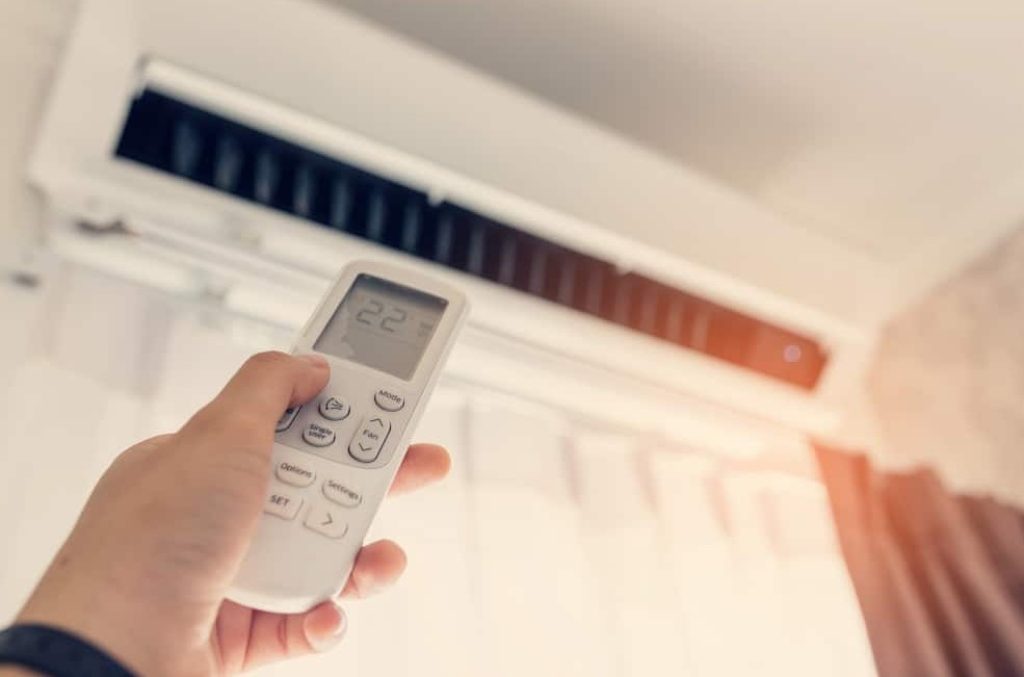
Source: pinterest.com
Your air conditioner will freeze if the external temperature is too cold. Since it impacts the cooling coil, it occurs more frequently during the night when the temperature drops below 60 ℉.
11. Blocked up condensation line
An air conditioner draws moist, hot air from inside and distributes it all over frozen pipes. Since these coils are loaded with cold refrigerant, they are cooler than that of the air. Moisture evaporates in the air and accumulates on the cool coil, forming liquid water. The air conditioner will leak unless the water is carefully collected and discharged.
A drainage line allows water to build in the air conditioner. Water passes through the drainage line without leaking out. It is a reason to be worried if the drip pan is filled or spilling. Moreover, if the area has already rusted, you should contact expert assistance immediately.
Sadly, all of these factors necessitate the repair of your air conditioner. So, call an expert ac service technician to detect and repair the fault that is causing you discomfort due to a leaking air conditioner. Choose a top and trustworthy service provider to give adequate maintenance for your air conditioner and avoid potential leakage. You can check the information and prices at https://www.airconservicing.org/.




